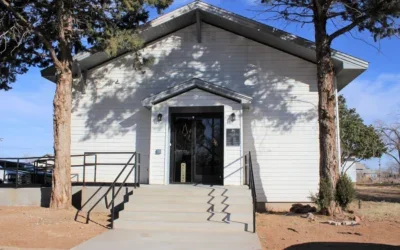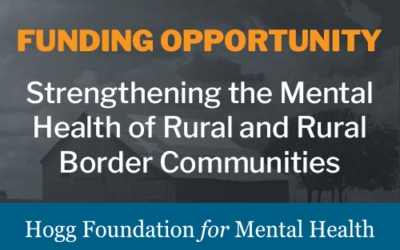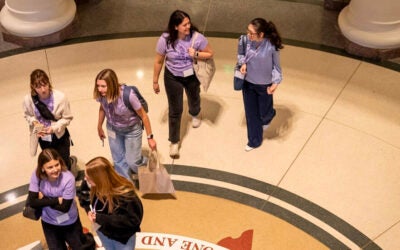This blog post is guest authored by Larry D. Brown Jr., PhD, associate director for Community Health and Violence Prevention Services at Harris County Public Health He presented a session at the Robert Lee Sutherland Seminar as part of the Building Partnerships and Collaboration track. The views expressed in this blog post are those of the author. The content has been lightly edited for length and clarity.
The session you presented at the 2025 Robert Lee Sutherland Seminar was called, “Toward a More Effective 911 Alternative: Holistic Assistance Response Team.” What were some of your goals for the session, and what do you hope attendees took from it?
The goal of this session was to provide attendees with a clear and practical understanding of how Harris County Public Health’s Holistic Assistance Response Team (HART) operates as a transformative alternative to conventional 911 responses.
Unlike traditional models that dispatch police officers to nearly all emergencies, HART sends unarmed professionals trained in behavioral health, crisis intervention, and basic medical care to non-violent calls related to mental health crises, substance use, homelessness, and other social determinants of health.

I wanted attendees to gain insights into the development, implementation, and data-driven evaluation of HART, learning how the program successfully diverts calls from law enforcement and connects vulnerable residents to critical services. By sharing concrete outcomes—such as HART responding to over 21,500 calls and freeing up thousands of deputy hours—attendees could see the tangible benefits of investing in a public health–centered, holistic emergency response.
Ultimately, I hope attendees left equipped with knowledge and strategies that empowered them to adapt or replicate similar models in their own communities, advancing the national movement toward more compassionate, effective, and equitable emergency systems.
What’s unique about your approach to your work?
What sets HART apart—and what makes our approach unique—is the commitment to viewing emergency response through a comprehensive public health lens rather than through the traditional criminal justice framework and response model.
Many emergencies arise from underlying issues like untreated mental illness, homelessness, substance abuse, and other non-violent issues, which require specialized care and social supports rather than policing.
HART is composed of professionals trained specifically to engage with individuals in crisis with empathy and expertise, providing immediate assistance and case management while also addressing longer-term needs. This holistic response reduces unnecessary law enforcement involvement, promotes community trust, and enhances health outcomes. Additionally, our approach is firmly grounded in data—we rigorously track outcomes to ensure continuous improvement and provide a replicable evaluation framework for other jurisdictions.
Can you share one personal anecdote that testifies to the impact you’re making?
The HART team was called by sheriff deputies to assist with a domestic violence call involving a woman with a history of sexual and domestic abuse. She had filed charges and was homeless after being kicked out of her boyfriend’s home. The call came late on a weekend when social welfare resources were limited. Deputies were managing law enforcement duties and needed HART’s help to provide both immediate and long-term care.
HART made contact with the client, conducted a field evaluation and needs assessment, and built a trusting rapport. HART developed a plan for her short- and long-term care, secured placement at a women’s shelter, and arranged transportation for her and her belongings. Meanwhile, case managers coordinated ongoing support through Harris County Public Health to ensure she received sustained assistance.
Your Nonprofit is Probably Overcomplicating Its Data Collection
Three common reasons why nonprofits struggle with data collection and how to overcome them.
City of Sundown: Well-Being Connector
A’ndrea McAdams on the City of Sundown Library’s unique standing as a community hub and well-being lifeline.
Mission Accomplished: Centering Dignity
An interview with Ebonie Trice about Mission Accomplished’s focus on dignity, connection, and trust.
Strengthening the Mental Health of Rural and Rural Border Communities
Building on community strengths and fostering community-driven solutions.
You Knew
I will never reduce myself to conform to what others believe grief is and I will never let my losses be my demise..
Youth Voice at the Capitol
View photos and videos of youth from Students Engaged in Activating Texas (SEAT) convening at the Texas Capitol for a day of advocacy.






